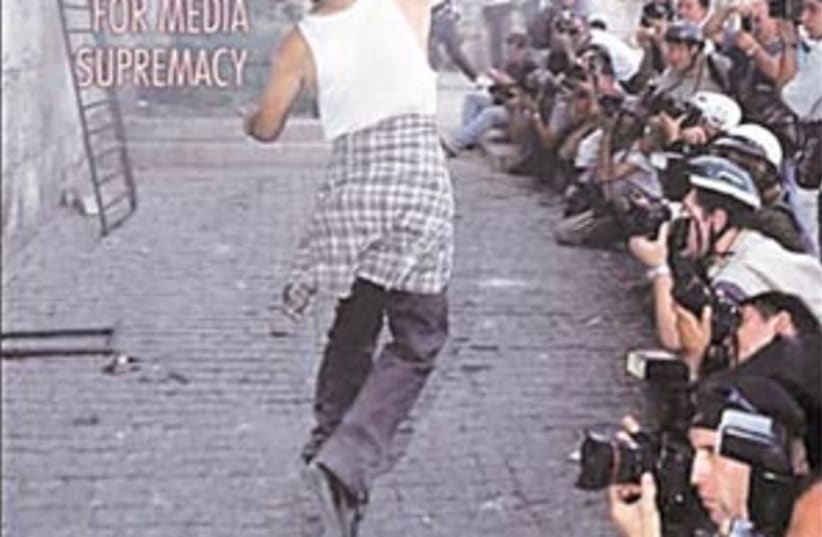| More about: | Agence France-Presse, The New York Times, Saudi Arabia, Jerusalem |
Even Goliath deserves a break
Taking aim at the biased and dangerous brand of journalism being practiced by foreigners in Israel.


| More about: | Agence France-Presse, The New York Times, Saudi Arabia, Jerusalem |